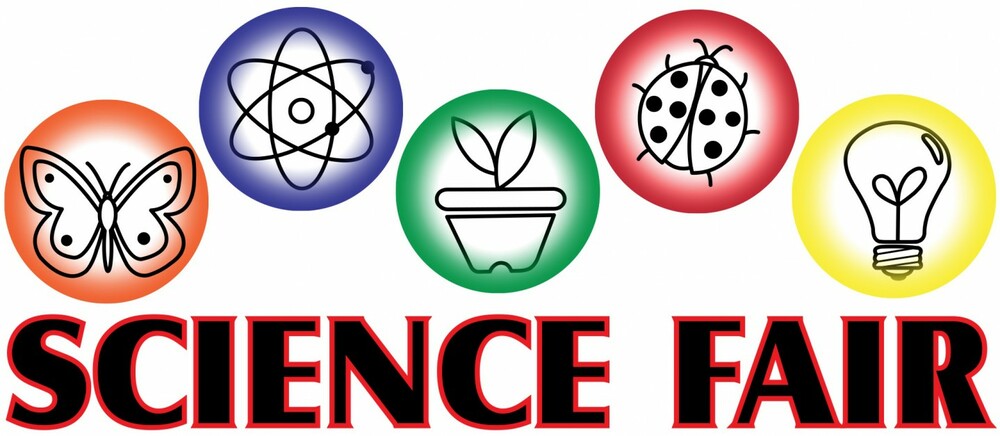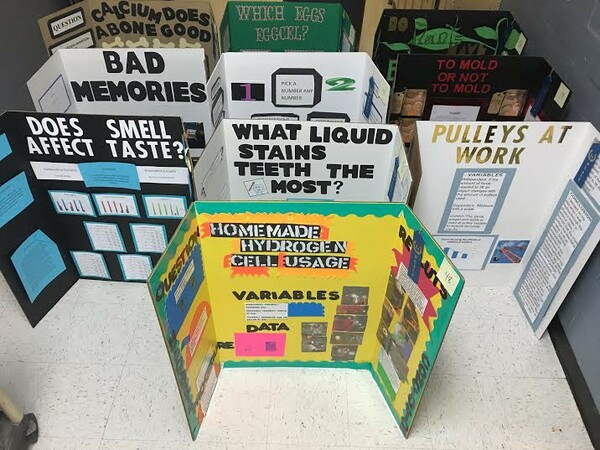Each project will need a logbook. It acts as a paper trail of their findings. Since our goal is to mimic the regional science fair closely, find the logbook on their website. It also wouldn't be a bad idea to look over the fair rules and human and animal use guidelines.
Students select a topic of their choice and begin researching it. Questions naturally pop up, about how something works, or what something will look like. The question is the starting point of the project. From there, they develop one of three types of projects:
Experiment
Students will follow the scientific method to test and probe a certain aspect of their topic.
The scientific method begins with the question - what are the exploring? This is followed up a hypothesis - an educated guess about what the outcome should look like. Then the variables that have to be considered - 3 types: manipulated, responding, and controlled. Afterwards, they decide on what materials will be needed, and create a procedure to test their hypothesis. Data is collected from experiment (in tables). Results are tabulated (as graphs). Then conclusions are drawn about the results - do the results match your hypothesis? Why or why not? Finished off with a critique of their own experiment, the sources of error.
Study
Students research a particular topic, and report on their findings. Studies are typically on the lower end of the quality of projects, mostly because there is no real need for the student to go outside of their comfort zone. They don't need to actually do anything scientifically. Memorization could be all they need. However, that isn't always true with a study. A high quality study not only involves research, but synthesis of multiple sources. If they can take multiple sites/books/articles and put the ideas together to formulate their own opinion/analysis, then the study can be very impressive.
Innovation
Arguably the most challenging type of project - invent your own device/tool/equipment/etc... This requires a vision for a problem, and an idea of something that could help solve the problem. A solid analysis of the innovation's ability to solve the problem can make or break the project. The kinds of questions they should consider are like: are there other solutions out there? How does mine compare in terms of cost and effectiveness? If no other solution can be found, does this idea introduce a newly discovered element, or is it a combination of previously existing ideas?


